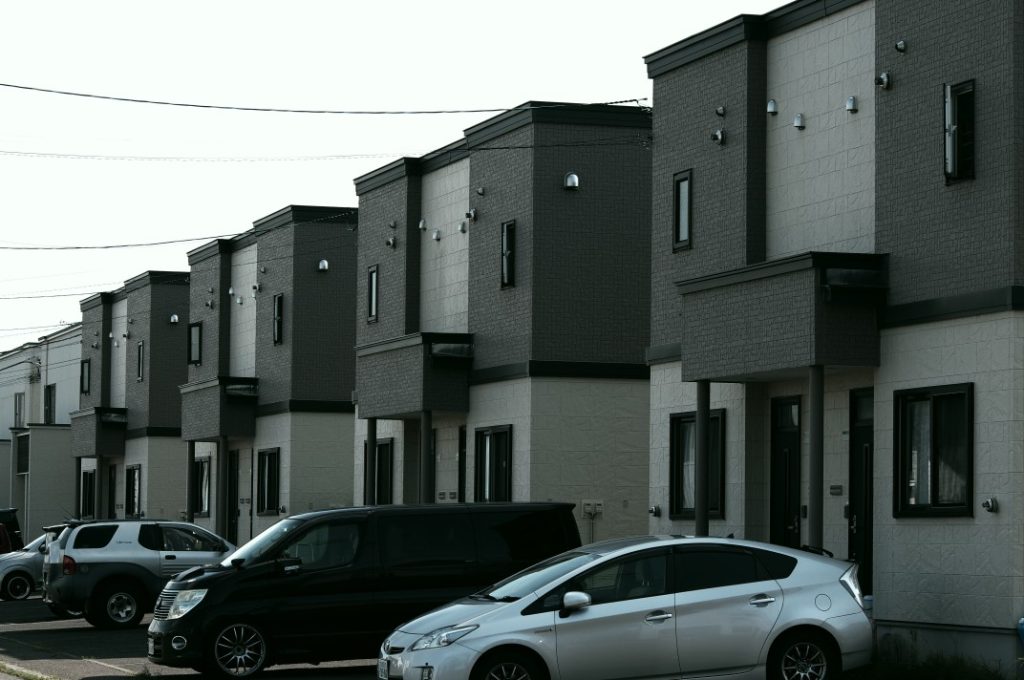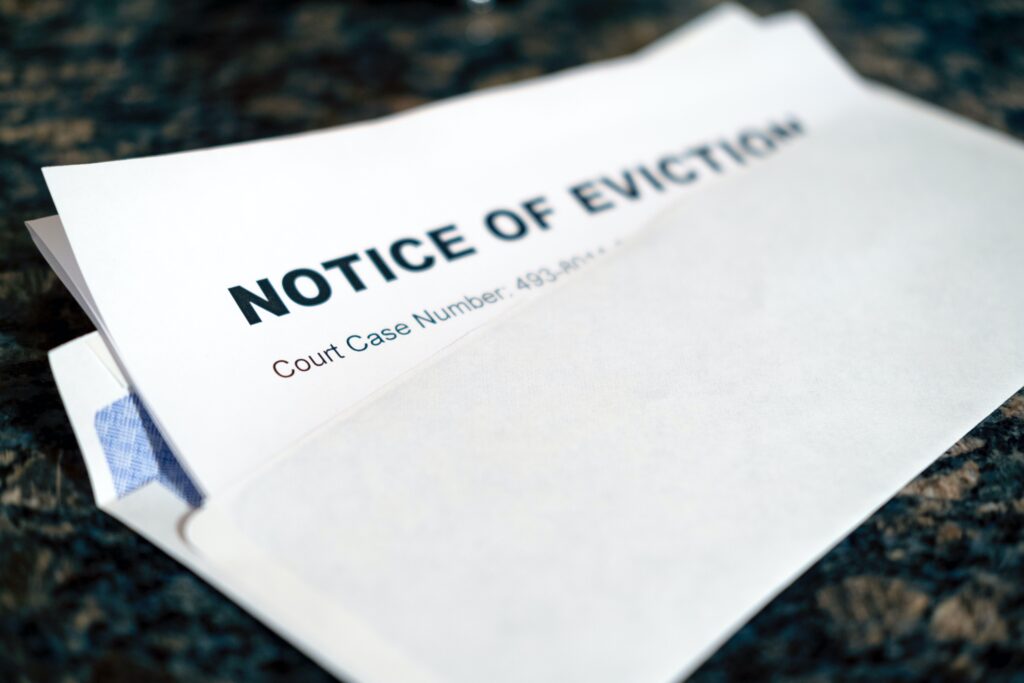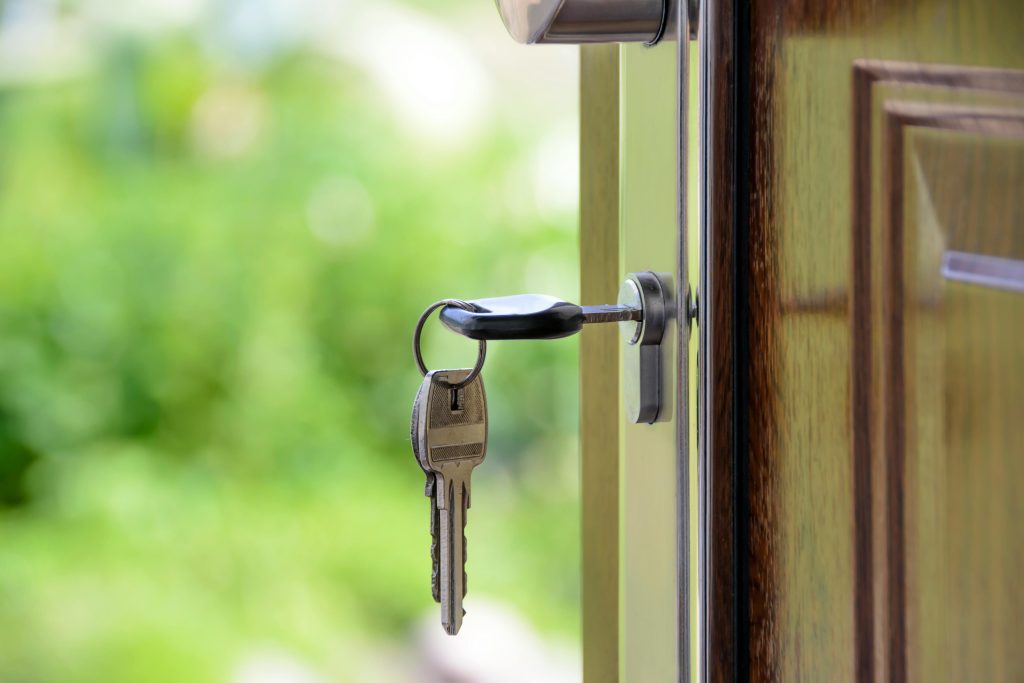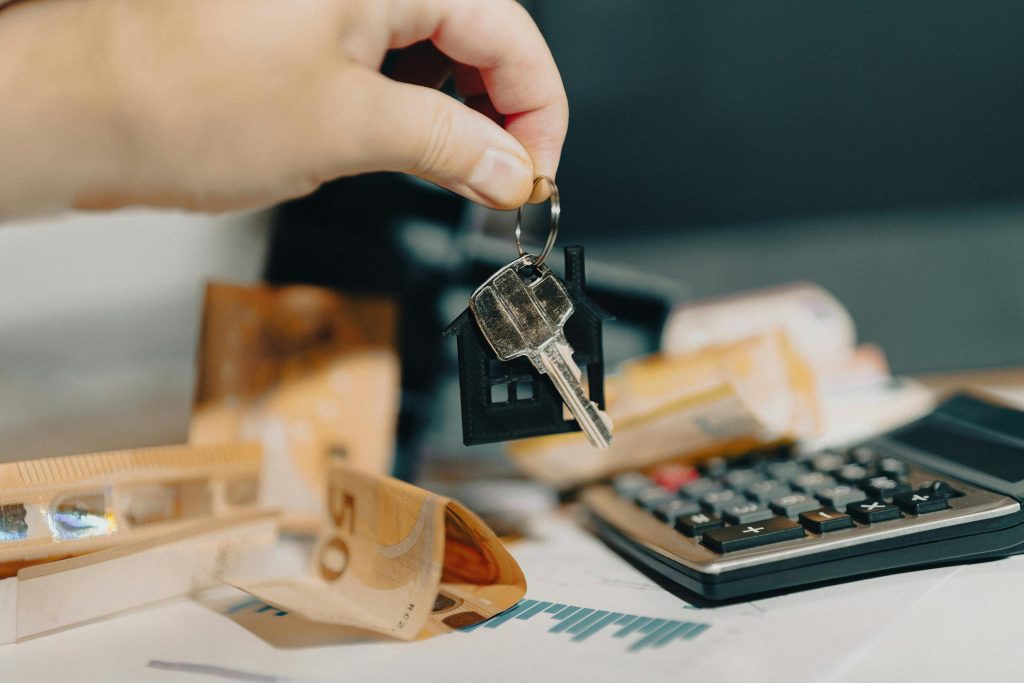As a leaseholder in the UK, understanding your rights is crucial, especially as your tenure lengthens. After long periods of time, certain rights and protections become more pertinent, ensuring you can enjoy your property with greater security and peace of mind. Here’s a comprehensive guide to the rights you gain as a leaseholder after a decade.
Before we begin, what is a leaseholder?
Unlike short-term tenants, leaseholders own the right to occupy a property for a specified period, with long-term obligations but more security, as outlined in a lease agreement. This lease agreement is typically made with the freeholder, who owns the land on which the property stands.
In the UK, typically flats are sold on a leasehold basis, while houses are sold on freehold. In effect, a leaseholder buys the flat, but for a fixed amount of time such as 100 years. This is called a lease purchase. During this lease, the leaseholder never owns the land, or common areas in the flat, but they normally need to pay rent for the land, and pay for the upkeep of the communal areas.
Since leaseholders do not own the ground on which the block of flats is built, they are considered tenants. A leaseholder may decide to rent out their flat to someone. The person who rents from the leaseholder is also called a “tenant”.
The leaseholder and any person who rents from the leaseholder are both considered “tenants”, but each has different rights and obligations.
Non-leaseholder tenants, such as those on shorthold tenancy agreements, do not gain any additional special rights after 10 years.
Someone renting a property on a shorthold tenancy agreement might hear that they have extra rights after 10 years. This is not true. The confusion arises from the dual use of the word ‘tenant’.
Leaseholders’ Rights
Owning a leasehold property for a decade brings some extra right and protections for leaseholders, especially as recent reforms have aimed to address long-standing concerns about fairness, transparency, and control. Below, we explore what a leaseholder can expect after 10 years, from extended lease options to better control over property management.
1. Extended Lease Renewal Options (after 2 years )
Leaseholders who have held a lease for over 2 years can currently apply for a lease extension of up to 90 years for flats or 50 years for houses. New legislation now proposes extensions of up to 990 years, with zero ground rent—a potentially significant financial relief. The new legislation, while it’s now law, will not be enforceable until 2026 or there abouts.
2. Purchasing the Freehold (after 2 years)
Leaseholders who have held the lease for 2 or more years, in some cases may seek to buy the freehold, granting them full ownership of the property and land, and removing ground rent obligations. For flats, this process often involves buying a share of the freehold with other leaseholders, while individual homeowners might be eligible to buy the full freehold. The “right of first refusal” also requires landlords to offer the freehold to leaseholders first if they decide to sell it, providing an opportunity for greater control over property management.
- For Houses: Individual leaseholders of houses can qualify to buy the freehold if they have owned the property for at least two years and the original lease was for more than 21 years. This purchase enables them to gain full ownership and eliminates the obligation to pay ground rent
- For Flats: Freehold purchase for flats generally requires collective enfranchisement, where at least 50% of the building’s leaseholders join together to purchase the freehold. Certain conditions apply, such as:
- The building must have at least two flats.
- No more than 25% of the building’s area should be for non-residential use.
- The leaseholders participating in the purchase must hold leases with at least 21 years remaining.
3. Challenging Service Charges and Costs (immediate right)
One notable right that leaseholders have is the ability to challenge service charges. They have the right to be consulted on significant maintenance projects and can contest charges through the First-tier Tribunal if they believe costs are inflated or unnecessary. This right encourages transparency and offers leaseholders recourse if they feel charges do not reflect fair market rates. This right applies to all leaseholders regardless of how long they have held the lease.
4. Right to Manage (immediate right)
Leaseholders collectively may qualify for the Right to Manage, allowing them to take over management duties from the landlord or property management company without needing to prove mismanagement. This legal right applies where the majority of leaseholders club together to take over the management from the management company , enables leaseholders to decide on service providers, maintenance schedules, and budgeting priorities, empowering them to better control their property. There’s no time limit on how long leaseholder must have held the lease.
5. Dispute Resolution and Legal Protections (immediate right)
Leaseholders have legal avenues to resolve disputes over lease terms, fees, and management practices. They can take issues to a tribunal, and with newer legislative reforms, leaseholders are expected to gain even more protections in the coming years, as the government seeks to ensure a fairer system for those with long-term leasehold arrangements.
6. Protection from eviction for arrears (after 3 years)
After three years, leaseholders gain protection against forfeiture (loss of their lease) if their arrears on ground rent are less than £350, or unpaid for less than three years. This helps leaseholders maintain security in their property for relatively minor arrears.









